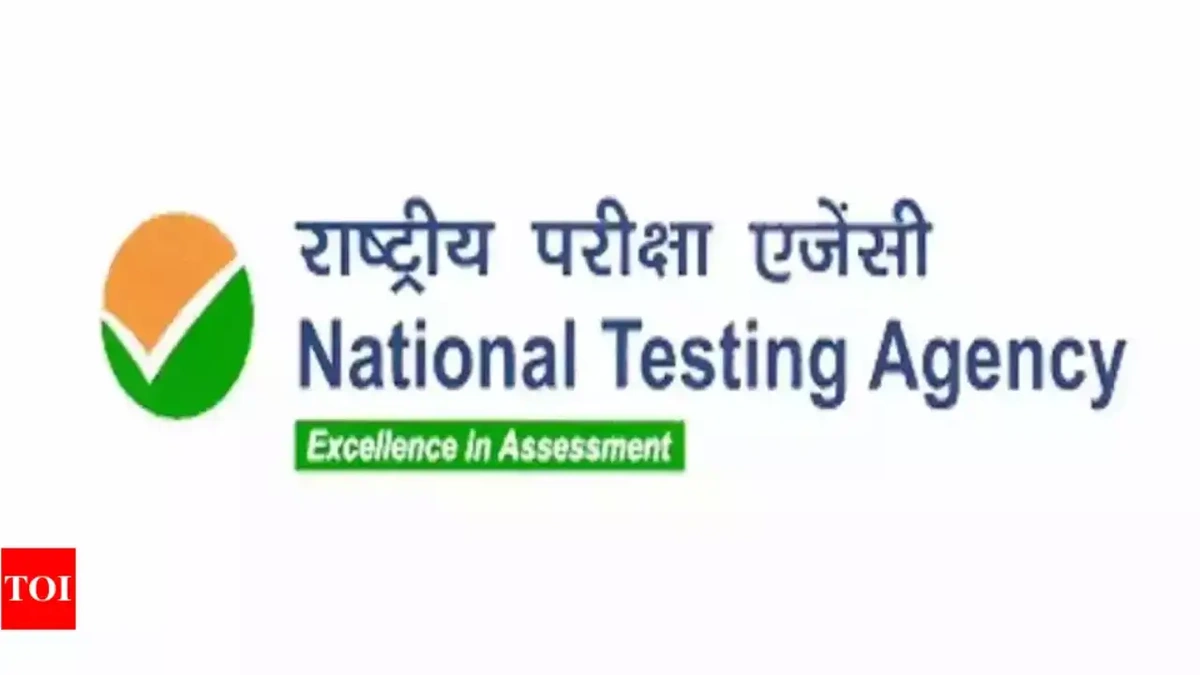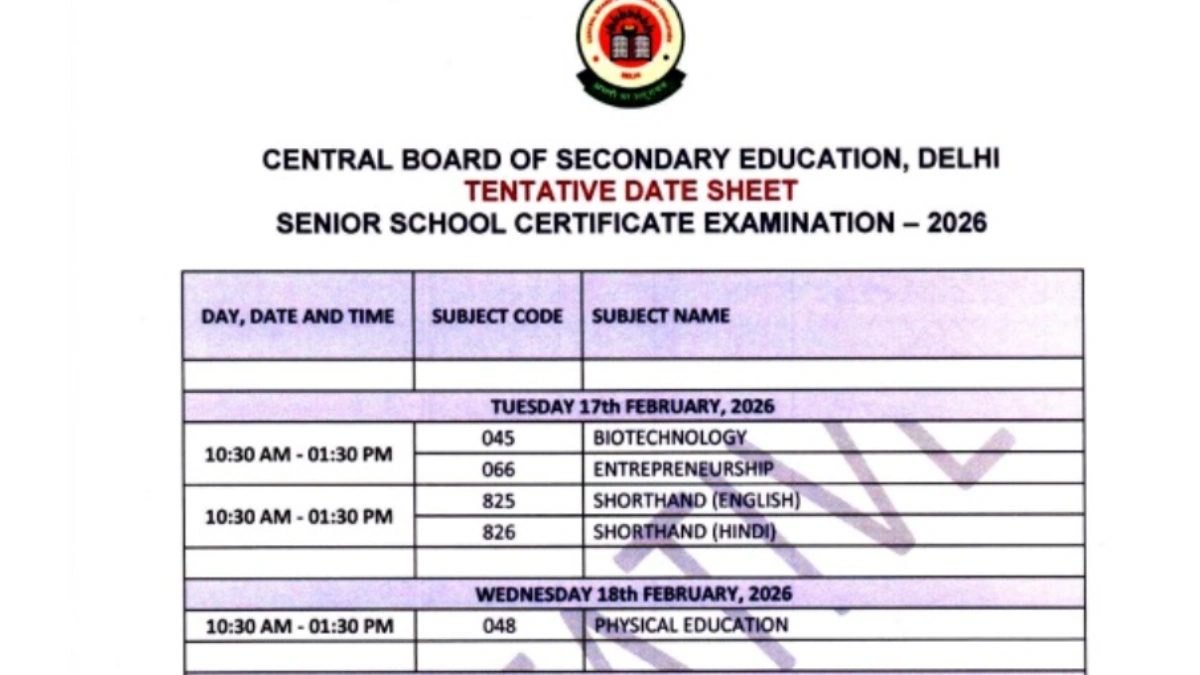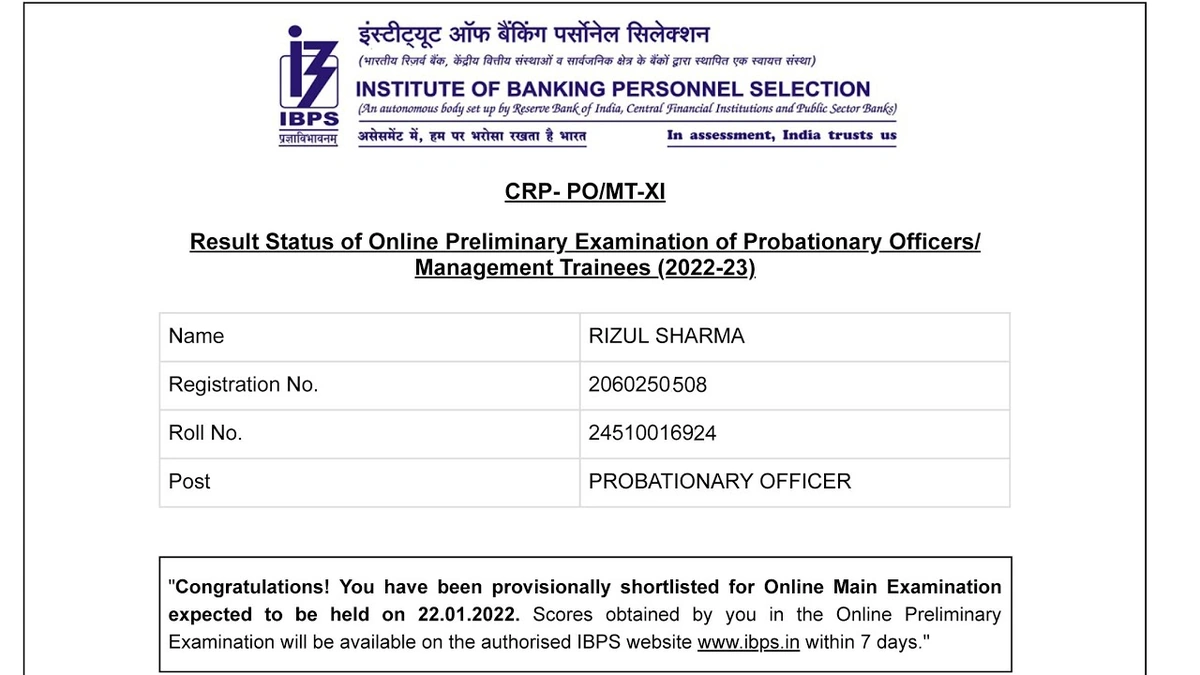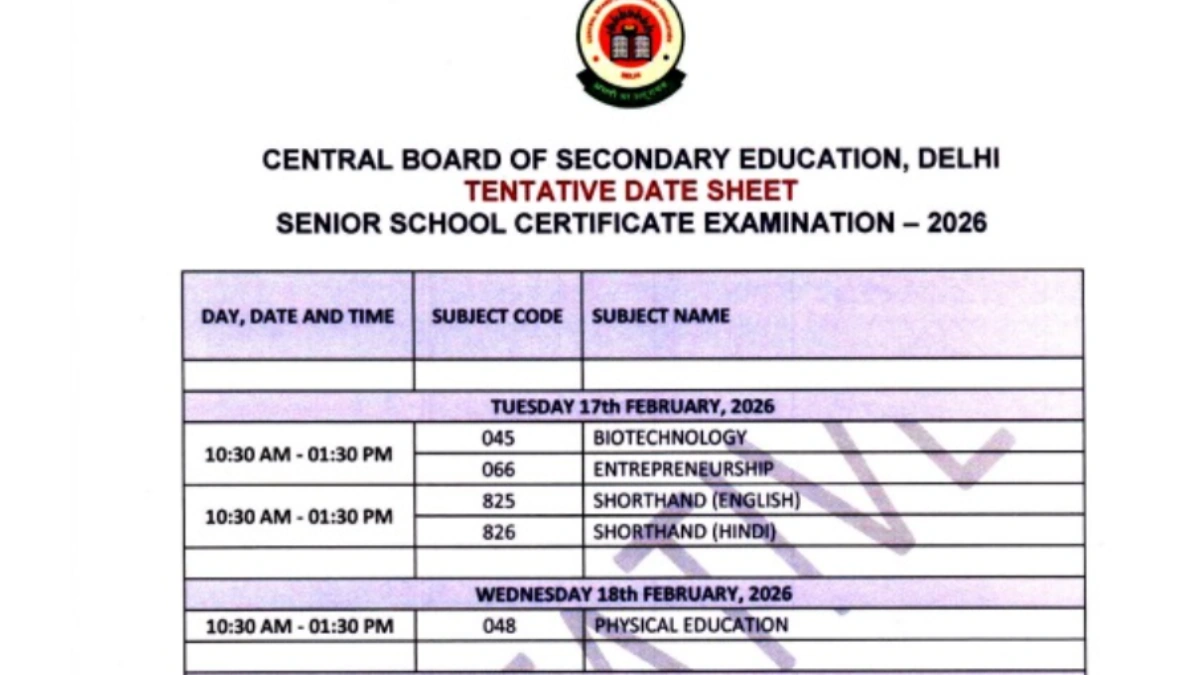Decoding the NTA | Why It Matters to Every Indian Student
The NTA , or National Testing Agency, might sound like just another acronym floating around the Indian education system. But here’s the thing: it’s way more important than most students (and even some parents) realize. Let’s be honest, understanding the NTA is crucial for navigating higher education in India, especially when you’re aiming for those coveted spots in top universities.
What fascinates me is how the NTA has quietly become such a pivotal force. It’s not just about conducting exams; it’s about shaping the future of education assessment in India. So, let’s dive in and break down why the NTA should be on every student’s radar.
What Exactly Is the NTA, Anyway?
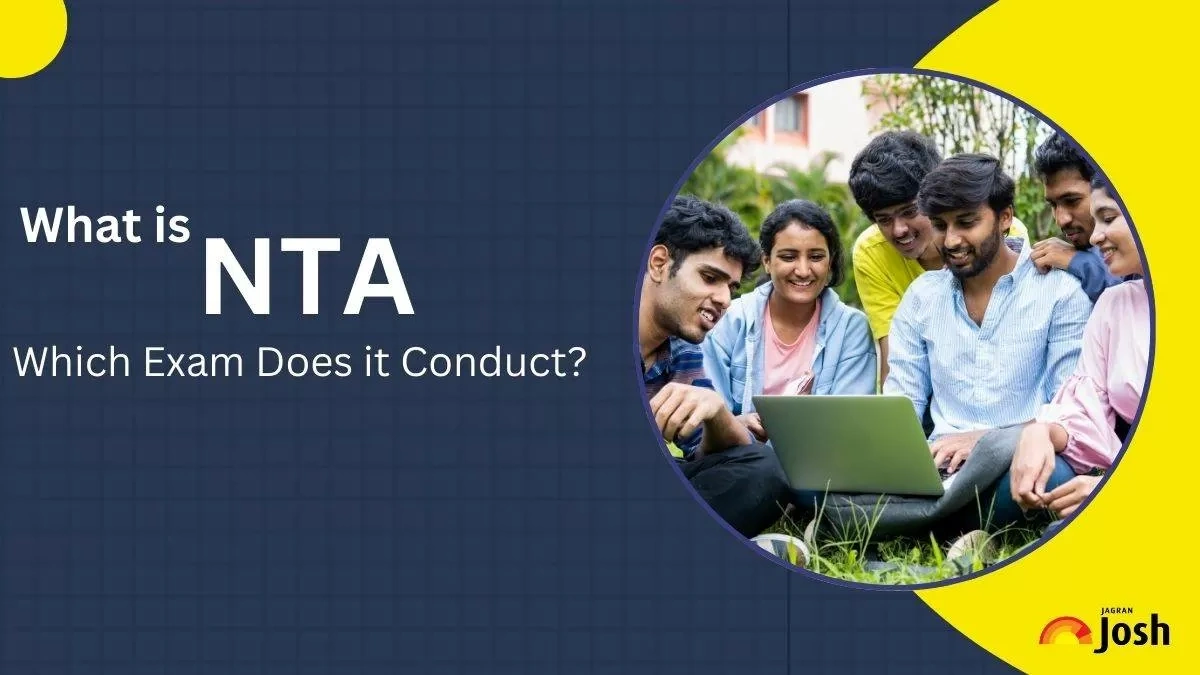
Okay, let’s get the basics out of the way. The NTA was established by the Ministry of Education (MoE) as an independent, autonomous, and self-sustained premier testing organization. Its main job? Conducting efficient, transparent, and international standard assessments to evaluate the competence of candidates for admission to various higher education institutions. That’s straight from the official website, but what does it mean for you?
It means that the NTA is the gatekeeper for many of the exams you’ll need to ace to get into your dream college. Think JEE Main , NEET , CUET , and the UGC NET . These aren’t just exams; they’re your ticket to a brighter future. And the NTA is the one holding the ticket booth.
The NTA’s Big Impact | More Than Just Exams
But it’s not just about conducting exams. Here’s why the NTA’s role is significant. The NTA is striving to standardize the testing process across India. Before its inception, different colleges and universities had their own entrance exams, leading to chaos and inconsistency. The NTA aims to bring uniformity and transparency to the process, reducing stress and confusion for students. And that’s a big deal.
A common mistake I see people make is underestimating the importance of understanding the NTA’s guidelines. They often focus solely on exam preparation and neglect to familiarize themselves with the rules and regulations set by the NTA. This can lead to avoidable errors and even disqualification. Always refer to the latest official notification on the NTA website for accurate information.
So, the next time you hear about the NTA, don’t just see it as another bureaucratic entity. See it as a facilitator, a guide, and a key player in shaping your academic journey. The more you understand its role, the better equipped you’ll be to navigate the complex world of Indian higher education. Let’s be honest, it can feel like a maze sometimes! Navigating education successfully requires constant adaptation and strategy.
How the NTA Affects Your Exam Strategy
Okay, let’s get practical. How does the NTA’s involvement change your exam strategy? Well, for starters, it means you need to be extra meticulous about following instructions. The NTA is known for its stringent rules and regulations. One small mistake on your application form, and you could face rejection. It sounds harsh, but it’s true.
And, pay close attention to the exam pattern and syllabus released by the NTA. These are your blueprints for success. Don’t rely on outdated information or unofficial sources. The NTA website is your bible. Check it regularly for updates and announcements.
According to the latest circular on the official NTA website , there have been some minor changes to the exam format for certain exams. It’s crucial to stay informed to avoid any surprises on exam day.
Understanding the CSIR NET Exam Conducted by NTA
Now, let’s talk about a specific exam – the Council of Scientific and Industrial Research National Eligibility Test (CSIR NET) . This exam, conducted by the NTA, determines eligibility for Junior Research Fellowship (JRF) and Lectureship (LS) in Indian universities and colleges. It’s a big deal for aspiring scientists and researchers. Securing good marks in CSIR NET will allow you to apply for JRF and Lectureship.
If you’re aiming for a career in science and research, this exam is non-negotiable. What fascinates me is how the NTA has streamlined the CSIR NET exam, making it more accessible and transparent for students across the country. The exam evaluates candidates on their subject knowledge, analytical skills, and aptitude for research. It also covers life sciences , chemical sciences , mathematical sciences , physical sciences , and earth sciences . The one thing you absolutely must double-check on your admit card is all personal details are correct. Because if anything is wrong, that is just a hassle you do not need before test day. Let’s be honest, you probably already have enough stress.
But, don’t just focus on the syllabus. Understand the exam pattern, the marking scheme, and the types of questions asked. Practice previous year’s question papers to get a feel for the exam and identify your strengths and weaknesses. And most importantly, stay calm and confident. You’ve got this!
Preparing for the CSIR NET exam can seem intimidating, but with the right strategy and mindset, you can ace it.
Tips for NTA Success | My Insider Advice
Okay, time for some insider advice. Having helped numerous students navigate the NTA exams, I’ve learned a thing or two about what works and what doesn’t. So, here are my top tips for NTA success:
- Stay Updated: Regularly check the NTA website for announcements, notifications, and updates. Don’t rely on third-party sources.
- Plan Your Strategy: Develop a comprehensive study plan that covers all the topics and subjects in the syllabus.
- Practice Regularly: Solve previous year’s question papers and mock tests to assess your preparation level.
- Manage Your Time: Learn to manage your time effectively during the exam. Don’t spend too much time on any one question.
- Stay Positive: Believe in yourself and your abilities. A positive attitude can go a long way in helping you succeed.
The most important thing is to stay focused and disciplined. Avoid distractions and stay committed to your goals. Remember, success is not a destination; it’s a journey. Enjoy the process and learn from your mistakes. And, be proud of yourself for taking on this challenge. You’re capable of achieving great things.
FAQ About NTA and Its Exams
Frequently Asked Questions
What if I forgot my application number?
Check your email and SMS for confirmation messages from NTA. If you still can’t find it, there’s usually a “Forgot Application Number” option on the NTA website. Use it!
Where can I find the official syllabus for the exam?
The official syllabus is available on the NTA website under the specific exam’s section. Download it and stick to it.
What documents do I need to carry to the exam hall?
Typically, you’ll need your admit card, a valid photo ID (Aadhar card, PAN card, etc.), and sometimes a photograph. Check the admit card instructions carefully.
Can I get a refund if I cancel my exam registration?
Refund policies vary depending on the exam. Check the official notification for the specific exam you’re registered for.
What is NTA score?
It is a relative score based on the performance of all candidates who appeared for the exam. It shows your percentile.
Are there any negative marking in NTA exams?
Yes, most of the NTA conducted exams have negative marking scheme. Candidates are advised to check the marking scheme while attempting the question paper.
So, there you have it – a comprehensive guide to the NTA and its significance in the Indian education system. Remember, the NTA is not your enemy. It’s a partner in your journey to higher education. Embrace it, understand it, and use it to your advantage. The future is yours to shape!
